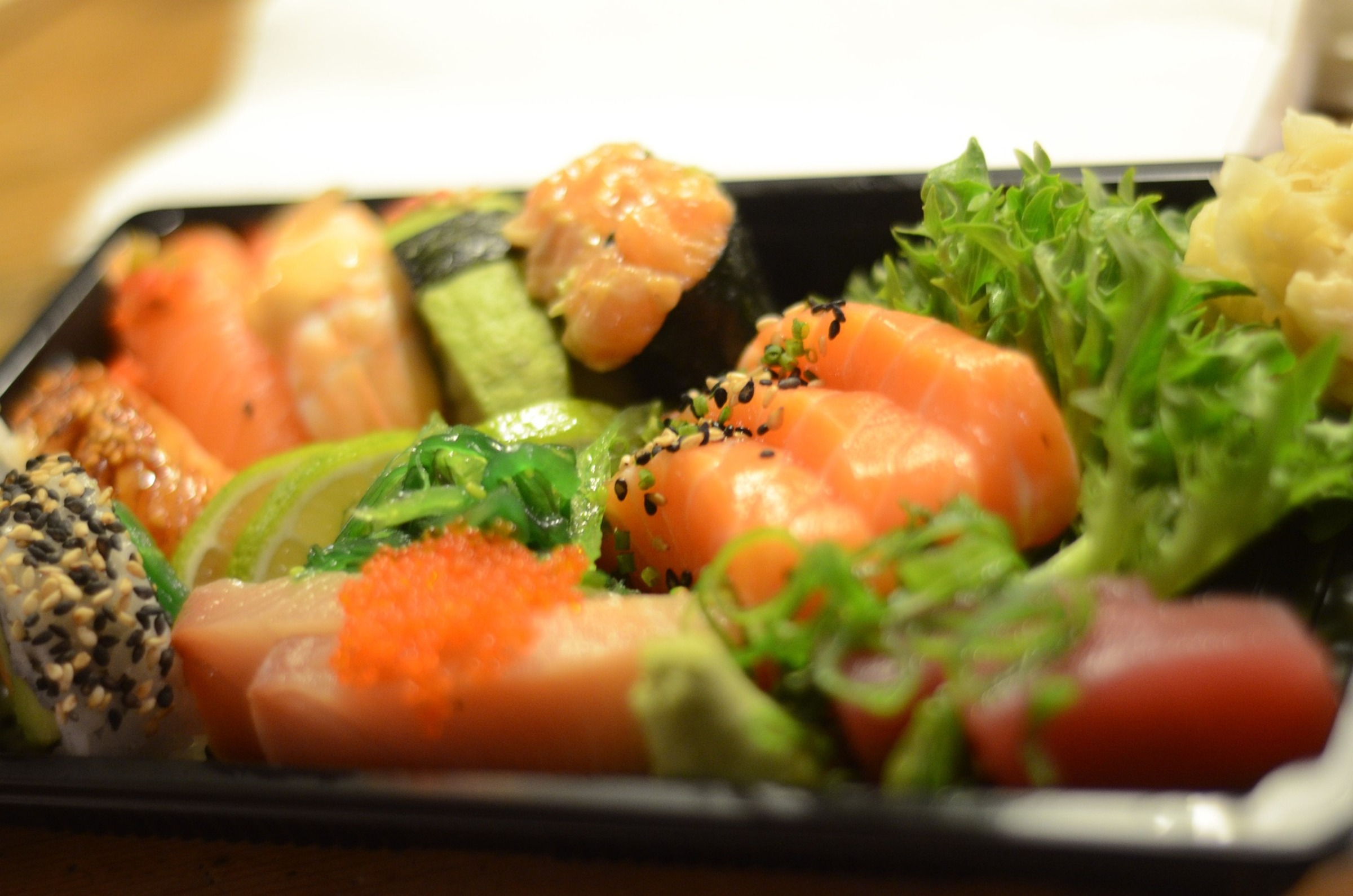Nourish and Heal: A Guide to Foods That Reduce Inflammation
By Sarah's Village

Chronic inflammation has been linked to a myriad of health issues, including cardiovascular disease, arthritis, diabetes, and even cancer. Fortunately, making mindful choices about the foods we eat can play a significant role in mitigating inflammation and promoting overall health and well-being. From vibrant fruits and vegetables to omega-3-rich seafood, here's a comprehensive guide to incorporating anti-inflammatory foods into your diet.
1. Fruits and Vegetables:
**Berries:** Blueberries, strawberries, raspberries, and blackberries are packed with antioxidants and phytonutrients that combat inflammation and oxidative stress.
**Leafy Greens:** Spinach, kale, Swiss chard, and other leafy greens are rich in vitamins, minerals, and antioxidants that support immune function and reduce inflammation.
**Cruciferous Vegetables:** Broccoli, cauliflower, Brussels sprouts, and cabbage contain sulforaphane, a compound with potent anti-inflammatory properties.
**Tomatoes:** Tomatoes are a rich source of lycopene, a powerful antioxidant that helps reduce inflammation and protect against chronic diseases.
2. Fatty Fish:
**Salmon:** Salmon, along with other fatty fish like mackerel, sardines, and trout, is abundant in omega-3 fatty acids, which have been shown to reduce inflammation and promote heart health.
3. Nuts and Seeds:
**Walnuts:** Walnuts are an excellent source of omega-3 fatty acids, as well as antioxidants and polyphenols that help combat inflammation.
**Flaxseeds:** Flaxseeds are another rich source of alpha-linolenic acid (ALA), a type of omega-3 fatty acid that has anti-inflammatory effects.
**Chia Seeds:** Chia seeds are packed with omega-3 fatty acids, fiber, and antioxidants, making them a valuable addition to an anti-inflammatory diet.
4. Whole Grains:
**Oats:** Oats are high in beta-glucans, a type of soluble fiber that has been shown to reduce inflammation and improve gut health.
**Quinoa:** Quinoa is a gluten-free whole grain that provides protein, fiber, vitamins, and minerals, all of which contribute to its anti-inflammatory properties.
5. Herbs and Spices:
**Turmeric:** Turmeric contains curcumin, a compound with potent anti-inflammatory and antioxidant properties. Adding turmeric to your meals can help reduce inflammation and support overall health.
**Ginger:** Ginger contains gingerol, a bioactive compound with powerful anti-inflammatory and antioxidant effects. Enjoy ginger in teas, stir-fries, or as a flavor enhancer in various dishes.
6. Healthy Fats:
**Olive Oil:** Extra virgin olive oil is rich in monounsaturated fats and contains oleocanthal, a compound with anti-inflammatory properties similar to ibuprofen.
**Avocado:** Avocados are packed with monounsaturated fats, fiber, vitamins, and minerals that help reduce inflammation and support heart health.
Incorporating these anti-inflammatory foods into your diet can help reduce inflammation, promote healing, and support overall health and well-being. Remember to focus on variety, balance, and moderation, and combine these foods with other healthy lifestyle practices such as regular exercise, stress management, and adequate sleep for optimal results. By nourishing your body with nutrient-dense foods, you can help prevent and alleviate inflammation, paving the way for a vibrant and thriving life.





